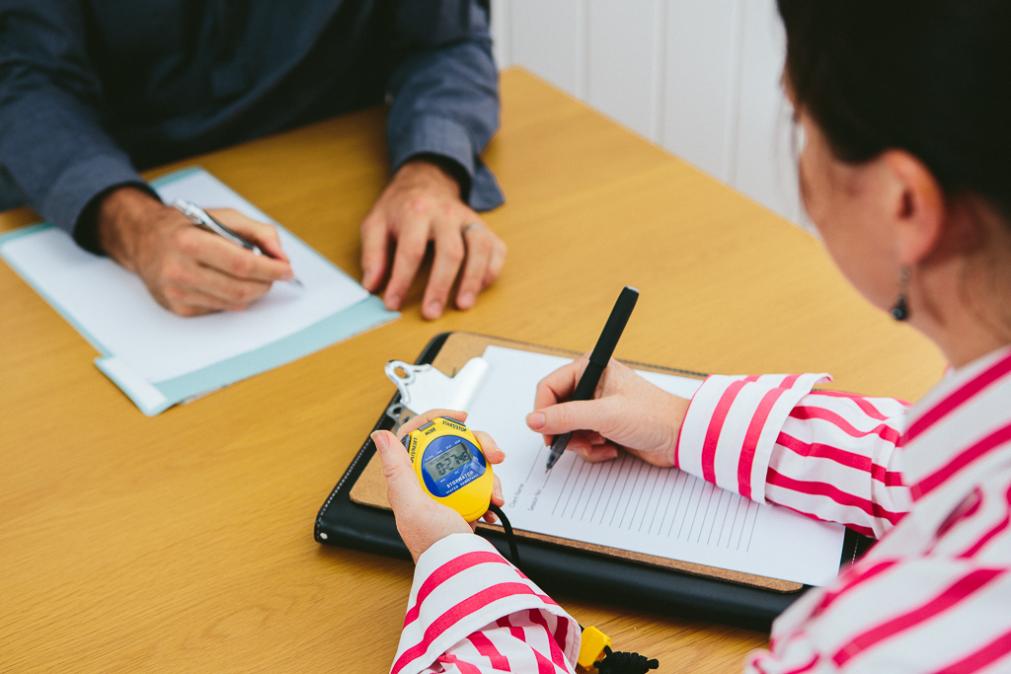How Do We Learn and Remember Things?
Learning and remembering are fundamental processes that shape our lives. They allow us to acquire knowledge, skills, and experiences that enable us to navigate the world around us. The process of learning and memory is complex and fascinating, and it has been the subject of extensive research and debate among psychologists, neuroscientists, and educators.

The Basic Mechanisms Of Learning And Memory
Learning is the process of acquiring new knowledge, skills, or behaviors. Memory is the ability to store and retrieve information. These two processes are closely intertwined, as learning requires the formation of new memories, and memory allows us to access and use the information we have learned.
There are different types of learning, including:
- Classical conditioning: This is a type of learning in which a neutral stimulus is paired with a meaningful stimulus, so that the neutral stimulus eventually triggers the same response as the meaningful stimulus.
- Operant conditioning: This is a type of learning in which a behavior is reinforced or punished, so that the behavior is more or less likely to occur in the future.
- Observational learning: This is a type of learning in which an individual observes the behavior of others and then imitates that behavior.
There are also different types of memory, including:
- Sensory memory: This is a temporary store of sensory information that lasts for a very brief period of time.
- Short-term memory: This is a temporary store of information that lasts for up to about 30 seconds.
- Long-term memory: This is a permanent store of information that can last for a lifetime.

The process of learning and memory involves three main stages:
- Encoding: This is the process of converting information into a form that can be stored in memory.
- Storage: This is the process of maintaining information in memory over time.
- Retrieval: This is the process of accessing and using information from memory.
Factors Influencing Learning And Memory
There are a number of factors that can influence learning and memory, including:
- Attention and motivation: Paying attention to information and being motivated to learn are essential for effective learning.
- Repetition and spaced practice: Repeating information and spacing out practice sessions can help to improve memory retention.
- Sleep and stress: Getting enough sleep and managing stress can help to improve learning and memory.
- Emotions and context: Emotions and the context in which information is learned can influence how well it is remembered.
Strategies For Effective Learning And Remembering

There are a number of strategies that can be used to improve learning and remembering, including:
- Improving attention and focus: This can be done by setting clear goals, eliminating distractions, and taking breaks when needed.
- Enhancing motivation and engagement: This can be done by making learning relevant and interesting, and by providing opportunities for active participation.
- Organizing and structuring information: This can be done by using outlines, diagrams, and other visual aids.
- Using active learning and elaborative encoding: This involves actively engaging with the material, such as by asking questions, making connections, and generating examples.
- Spaced repetition and retrieval practice: This involves reviewing information at spaced intervals and actively trying to recall it.
Memory Biases And Errors
Memory is not always accurate. There are a number of factors that can lead to memory biases and errors, including:
- Confirmation bias: This is the tendency to seek out information that confirms our existing beliefs.
- Hindsight bias: This is the tendency to believe that we could have predicted an event after it has already happened.
- Illusory memories: These are memories that are false or distorted.
There are a number of factors that can contribute to memory errors, including:
- Misinformation: This is incorrect information that can be implanted into memory.
- Suggestibility: This is the tendency to be influenced by the suggestions of others.
There are a number of things that can be done to minimize memory biases and errors, including:
- Being aware of our own biases: This can help us to be more critical of the information we encounter.
- Evaluating information carefully: This involves considering the source of the information, the evidence supporting it, and our own biases.
- Being open to new information: This can help us to avoid confirmation bias.
Learning and memory are essential processes that allow us to acquire knowledge, skills, and experiences that shape our lives. The process of learning and memory is complex and fascinating, and it is influenced by a number of factors, including attention, motivation, repetition, sleep, stress, emotions, and context. There are a number of strategies that can be used to improve learning and remembering, and it is important to be aware of memory biases and errors in order to minimize their impact.
The study of learning and memory is a vast and ever-evolving field. As we continue to learn more about how the brain works, we will gain a better understanding of how we learn and remember things. This knowledge can be used to develop more effective educational methods and to help people with memory problems.
YesNo

Leave a Reply